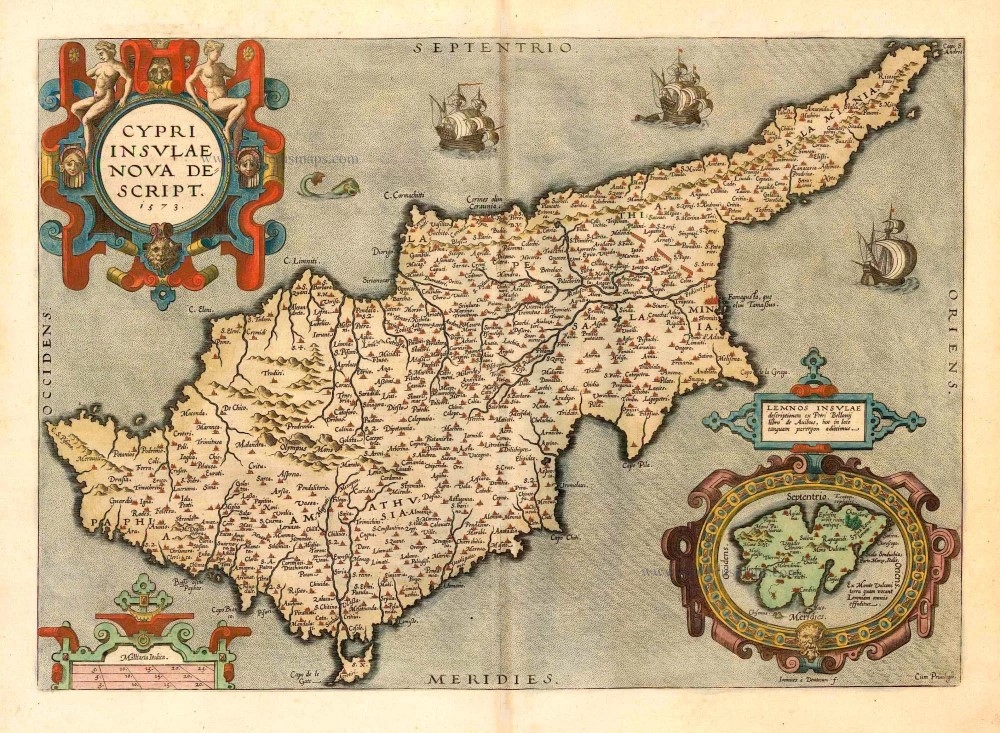My friend William Flesch writes in the Los Angeles Review of Books, “Elisa Gonzalez may very well be a great poet, and, like all great poets, she is haunted by poetry—the poetry of Homer, of John Ashbery, of… Marilyn Monroe…” This is in his superb review (link at bottom of page) of Grand Tour, the book of poems by Gonzalez published in September by Farrar, Straus and Giroux. I’d add Elizabeth Bishop and James Merrill to his list. Both of those poets wrote some of their best poems about the fleeting nature of living in love, about losing things, what Merrill called “the dim wish of lives to drift apart.”
This is a capable and playful book of poems for a debut collection. I love poems that surprise me, poems that descend line by line and defeat my expectation of where the thought and observation might go. That’s a thing a reader does in the habit of reading a page. The reader prepares and anticipates. Grand Tour opens with two strong poems, “Notes Toward an Elegy” and “”After My Brother’s Death, I Reflect on the Iliad.” The first of these delivers one of my favorite lines of poetry this year.
Whenever her hands dance, I tell her how beautiful.
She says there’s so much other movement I do not perceive.
And I accept the presence of dances invisible to me.
“After My Brother’s Death” is an extraordinary poem. If you haven’t followed Elisa’s work online, you can read her essay in The Point about mourning his August 2021 death here:
The poet/speaker/poet as speaker is taken by the Iliad’s moving story of Priam’s supplication before Achilles who has killed his son. The relevance to her own life experience both as sister and as reader/poet is obvious yet profound.
The same friend and I discuss a line by Zbigniew Herbert
“where a distant fire is burning / like a page of the Iliad.”
It’s nearly an ontological question, my friend says, the instability of reference:
The fires in the pages of the poem, the literal pages set afire.
We see double.
You are the boy in the museum. You are the body consumed, ash.
One can’t help thinking of Elizabeth Bishop’s “Casabianca,” which also makes us see double.
Love’s the boy stood on the burning deck
trying to recite “The boy stood on
the burning deck.” Love’s the son
stood stammering elocution
while the poor ship in flames went down.
Love’s the obstinate boy, the ship,
even the swimming sailors, who
would like a schoolroom platform, too,
or an excuse to stay
on deck. And love’s the burning boy.
This is my favorite book of poetry for 2023.
I hope you’ll read it, too.
William’s review in LARB:
https://lareviewofbooks.org/article/burning-pages-on-elisa-gonzalezs-grand-tour/

Leave a comment